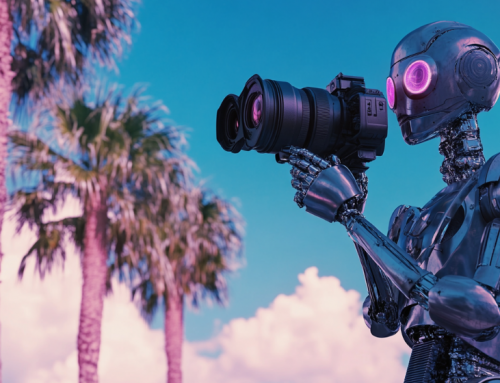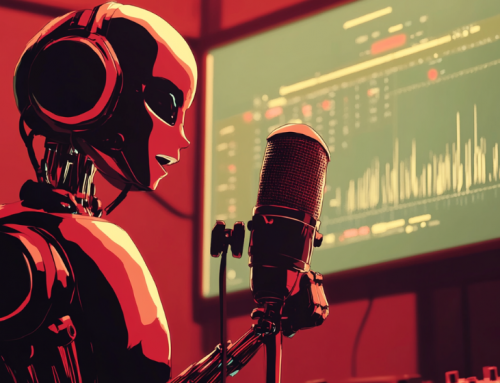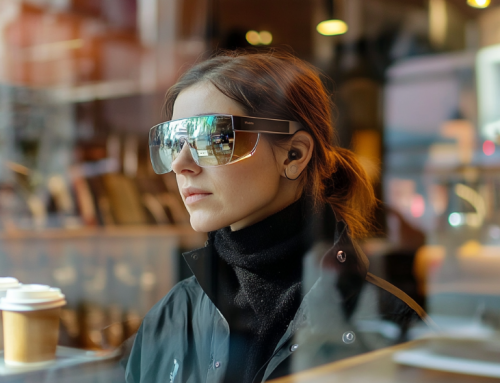
Clearview founder Hoan Ton-That claimed this is the first facial recognition patent involving “large-scale internet data.” The firm sells its tool to government clients.
Facial Recognition Tech Concerns Civil Rights/Legal Activists Worldwide
Often in spy movies characters try to break into something that requires them to come up with a way to fake out a facial recognition program. Somehow the bad guys always find a way, but it’s not like that in real life. Especially when it comes to a system called Clearview.
Clearview has more than just a vault full of jewels in mind with its technology—it wants your face.
Clearview AI is about to get formal acknowledgment for its controversial facial recognition technology. Politico reports Clearview has received a U.S. Patent and Trademark Office “notice of allowance” indicating officials will approve a filing for its system, which scans faces across public internet data to find people from government lists and security camera footage.
Now at first glance, this might not sound earth-shattering. A lot of companies get patents every week. However, this patent will be offered and create a tool to allow governments, law enforcement agencies, and even creditors to find you anywhere on earth and in the Metaverse.
J. Fingas has written a short piece published in engadget.com about Clearview. Even if you have never broken a law or had legal problems, Clearview will affect you.
“Clearview’s software—which scrapes public images from social media to help law enforcement match images in government databases or surveillance footage—has long faced fire from privacy advocates who say it uses people’s faces without their knowledge or consent.”
As you might imagine, there’s a concern the USPTO is effectively blessing Clearview’s technology and giving the company a chance to grow despite widespread objections to its technology’s very existence. Critics are concerned Clearview is building image databases without targets’ knowledge or permission, and multiple governments (including Australia and the U.K.) believe facial recognition violates data laws.
“The tech could theoretically be used to stifle political dissent or, in private use, to stalk other people. That’s not including worries about possible gender and race biases for facial recognition as a whole.”
If Clearview or any other FR company is given an open door into authoritarian agencies without oversight in western democracies, it will make them exactly like China’s highly invasive, highly oppressive system of surveillance. The prospects are as frightening as they are unavoidable. AI isn’t all hearts and flowers.
The company’s technology is widely used by top law enforcement bodies in the U.S., including the FBI and Department of Homeland Security, and at least 10 federal agencies have said they plan to expand their use of facial recognition in the next two years.
read more at engadget.com







Leave A Comment